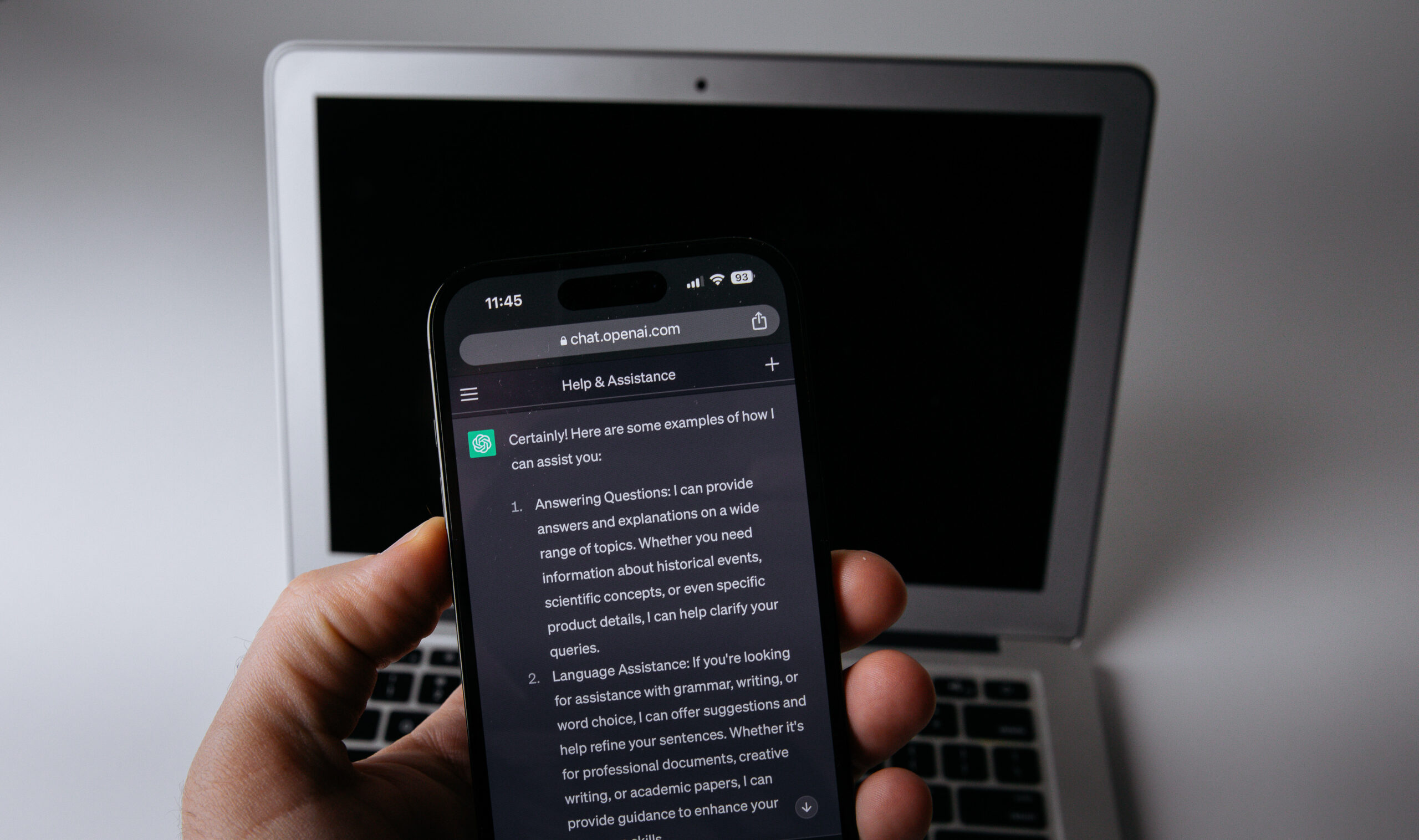
OpenAI, the company behind ChatGPT, has signed an agreement with the UK government to deploy artificial intelligence (AI) tools aimed at increasing productivity across public services. The collaboration could grant OpenAI access to government data and expand AI applications into sectors like education, defense, security, and justice.
Goals and Safeguards
Technology Secretary Peter Kyle emphasized that AI will be “fundamental in driving change” and economic growth within the UK. The partnership outlines plans to develop an “information sharing programme” alongside safeguards designed to protect the public and uphold democratic values.
The initiative also includes exploration of investments in AI infrastructure, which typically involves expanding data centers that power AI technologies. OpenAI will grow its London office, which currently employs over 100 people.
Although the agreement signals strong intent, it is not legally binding and focuses on the objectives of this growing partnership. OpenAI CEO Sam Altman said the collaboration aims to “deliver prosperity for all.”
Dr. Gordon Fletcher, associate dean for research and innovation at the University of Salford, noted that AI could free skilled public servants to focus on complex issues that AI might not handle effectively. However, he cautioned that success depends on transparent and ethical implementation with minimal public data use.
Digital rights group Foxglove criticized the agreement as “hopelessly vague.” Co-executive Director Martha Dark warned that the “treasure trove of public data” could become commercially valuable to OpenAI for training future models. She expressed concern over potential risks to UK sovereignty, noting Technology Secretary Kyle’s willingness to grant big tech companies significant influence.
Government Relations and Economic Context
Peter Kyle reportedly met with Sam Altman several times earlier this year. He acknowledged the challenge of engaging global tech firms innovating at scales beyond the British state’s capacity.
The UK government’s pursuit of AI partnerships comes as the economy shows sluggish growth, with forecasts between 0.1% and 0.2% for the second quarter. In January, Prime Minister Keir Starmer unveiled an “AI Opportunities Action Plan” aimed at stimulating growth, supported by major technology companies.
While this plan focuses heavily on large tech firms, critics argue it overlooks smaller AI innovators. The UK has also signed deals with OpenAI competitors Google and Anthropic, signaling openness to American AI investment.
The government already employs OpenAI’s models in productivity tools for the civil service, such as the AI assistant “Humphrey.” However, AI’s rapid adoption faces criticism over copyright concerns, including unlicensed use of creative works like music.
Generative AI, like ChatGPT, produces text, images, video, and music based on vast datasets drawn from books, photos, films, and songs, raising questions about data permissions and intellectual property.
The technology has also been criticized for sometimes generating false information or poor advice based on user prompts.
What The Author Thinks
The UK’s embrace of AI in public services presents tremendous opportunities but also serious challenges. Transparency and robust safeguards must be at the forefront to prevent misuse of public data and protect citizen rights. While AI can enhance efficiency, unchecked partnerships with big tech risk handing over too much control without sufficient oversight. The government must balance innovation with responsibility to ensure AI truly serves the public good.
Featured image credit: Wikimedia Commons
For more stories like it, click the +Follow button at the top of this page to follow us.
